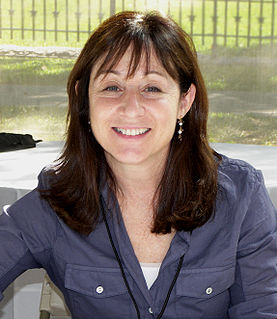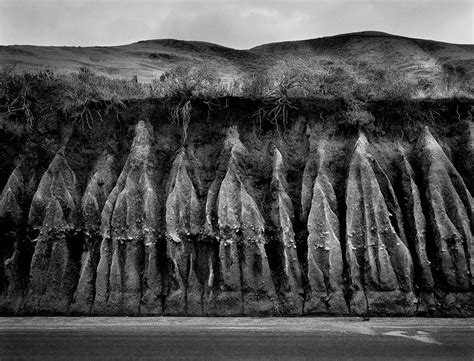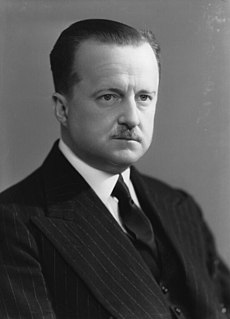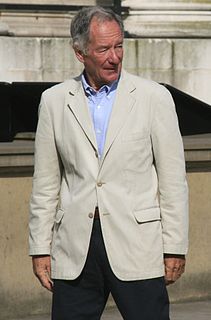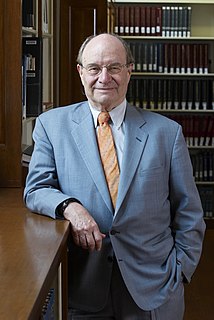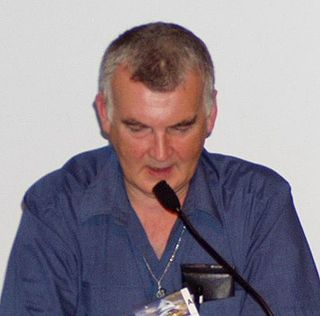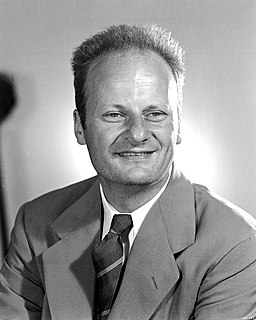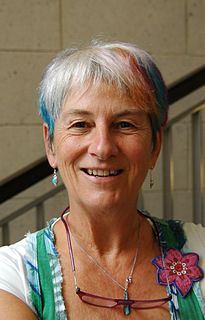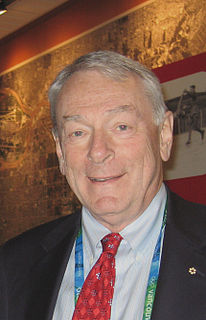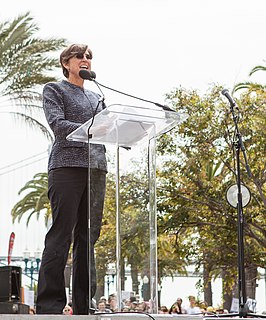Top 1200 Scientists Quotes & Sayings - Page 20
Explore popular Scientists quotes.
Last updated on April 15, 2025.
Scientists actively approach the door to knowledge—the boundary of the domain of what we know. We question and explore and we change our views when facts and logic force us to do so. We are confident only in what we can verify through experiments or in what we can deduce from experimentally confirmed hypotheses.
The emancipation of the scholars and scientists from philosophy is according to [Nietzsche] only a part of the democratic movement, i.e. of the emancipation of the low from subordination to the high. ... The plebeian character of the contemporary scholar or scientist is due to the fact that he has no reverence for himself.
What gets up my nose is being infantilized by governments, by the BBC, by the Guardian that there is no argument, that all scientists who aren’t cranks and charlatans are agreed on all this, that the consequences are uniformly negative, the issues beyond doubt and the steps to be taken beyond dispute.











